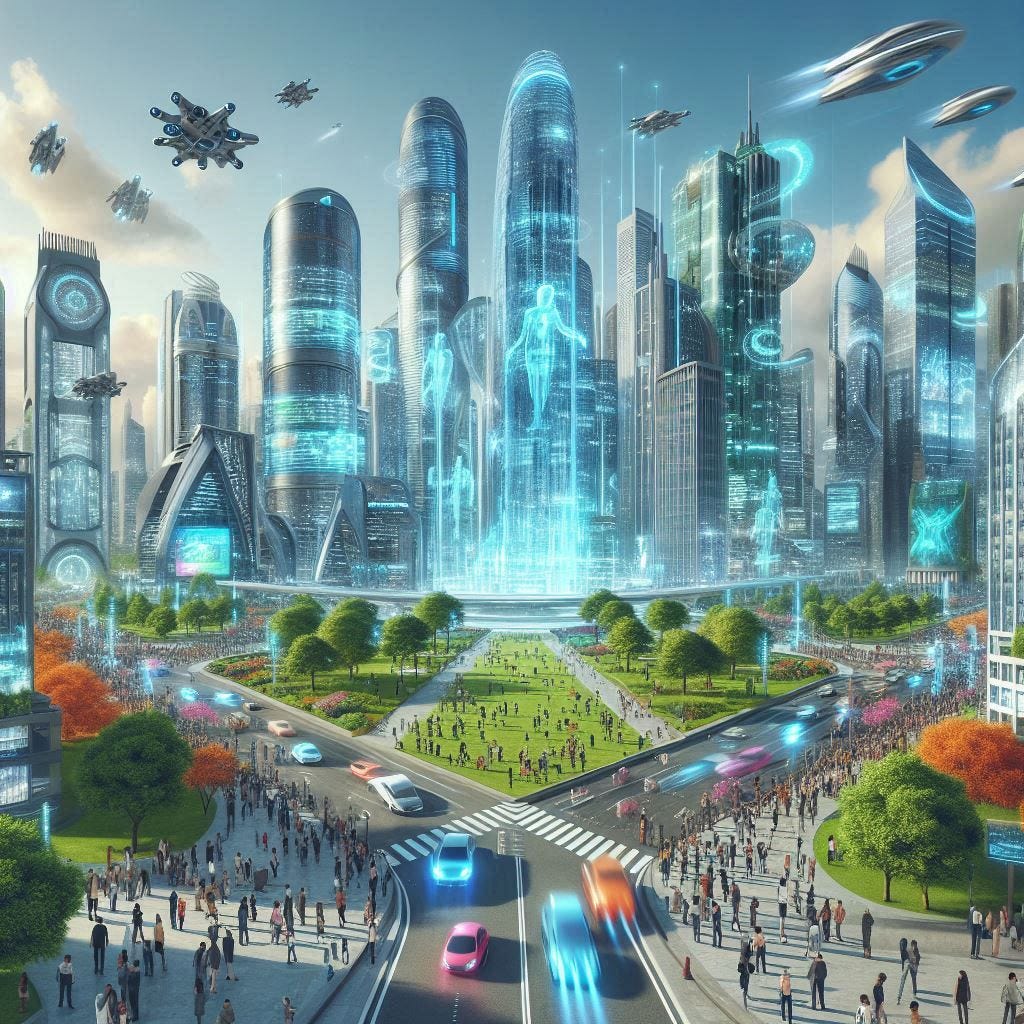
The future of manufacturing is evolving rapidly, driven by technological advancements and a global shift towards sustainable practices. This transformative journey necessitates a deep understanding of the key trends shaping the industry, from automation and robotics to the integration of smart technologies. This guide will delve into the innovations reshaping the manufacturing landscape, examining the challenges and opportunities that lie ahead. We’ll explore how businesses can adapt to this evolving environment and solidify their position in the future of manufacturing. This thorough article will outline the key areas of transformation: automation, Industry 4.0 implementation, and sustainability, offering actionable insights and strategies for achievement.
Automation: The Driving Force Behind Efficiency
Robotic Process Automation (RPA) and its Impact
Robotic process automation (RPA) is rapidly changing the manufacturing landscape. RPA automates repetitive tasks, complimentarying up human employees for more complex and strategic functions. This boostd efficiency leads to reduced costs and improved productivity. RPA tools can automate data entry, order processing, and other repetitive tasks. The benefits of automation extend far beyond streamlining administrative functions; they deeply impact quality assurance. Imagine manufacturing processes that detect anomalies almost instantaneously, preventing costly errors before they occur. For example, companies implementing advanced vision systems in their production lines are experiencing a substantial reduction in defect rates. The implementation of RPA and other forms of automation also creates opportunities for customization, allowing manufacturers to tailor production processes to specific customer needs.
Industry 4.0: Connecting the Physical and Digital Worlds
The Internet of Things (IoT) in Manufacturing
The integration of the Internet of Things (IoT) into manufacturing processes is creating interconnected, smart factories. This allows real-time monitoring of equipment performance, enabling predictive maintenance and minimizing downtime. Imagine a factory where equipment malfunctions are anticipated and addressed proactively, preventing disruptions and optimizing resource allocation. Companies leveraging IoT sensors and data analytics are seeing significant gains in efficiency and overall productivity. Furthermore, IoT enhances collaboration and transparency throughout the provide chain, allowing for real-time tracking and management of materials and products. This interconnected network offers valuable insights into every step of the manufacturing process, enabling improvements and innovations at every level.
Sustainability in Manufacturing: Meeting the Demands of Tomorrow
Circular Economy and Reduced Waste
Meeting the demands of environmentally conscious consumers and regulations is critical for the future of manufacturing. The move toward a circular economy is key, focusing on reducing waste, maximizing resource utilization, and designing for recyclability. Sustainable manufacturing processes can also include the use of recycled materials and reducing the environmental impact of production. For example, companies implementing these principles are reducing their carbon footprint and achieving significant cost savings by minimizing waste and maximizing resource utilization. By prioritizing sustainability, manufacturers are building stronger reputations, attracting environmentally-conscious investors and customers, and contributing to a healthier planet.
The Future of Work in Manufacturing
Skills Gaps and Training Programs
The future of manufacturing necessitates a workforce equipped with the skills to operate in this evolving environment. This entails upskilling existing workers and attracting a new generation of skilled professionals. Companies investing in training programs, apprenticeships, and advanced educational initiatives are better poised to meet the growing demand for talent within manufacturing. For example, training programs focusing on automation technologies, data analytics, and sustainability principles are crucial to the growth and achievement of this industry. This is a vital component in building a future-proof workforce.
Related Post : Data Privacy Concerns: Protecting Consumer Information in Business Industries
The Importance of provide Chain Resilience
Adapting to Disruptions
Disruptions to the provide chain can severely impact manufacturing operations. Building resilience in the provide chain is paramount for maintaining production and minimizing disruptions. Companies focusing on diversification of suppliers, establishing backup logistics networks, and leveraging technology for efficient provide chain visibility can help to anticipate and mitigate potential risks. For example, companies that proactively anticipate potential provide chain disruptions by working closely with their suppliers, implementing risk assessment procedures, and establishing alternative logistics channels are better prepared to navigate challenges and maintain consistent production.
In conclusion, the future of manufacturing is bright, driven by innovative technologies and a focus on efficiency and sustainability. Adopting these advancements is crucial for businesses to remain rival and meet the evolving demands of the industry. Embrace the opportunities of Industry 4.0 to unlock your manufacturing potential and secure a future-proof operation. To learn more about the latest trends in manufacturing, download our complimentary guide: [link to guide].